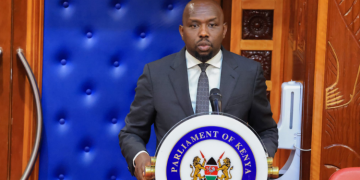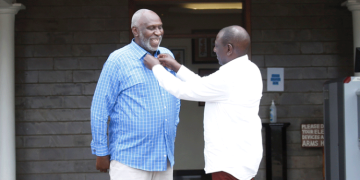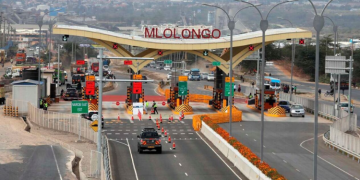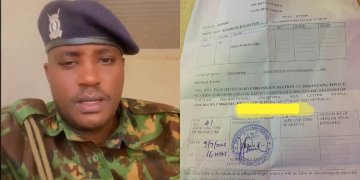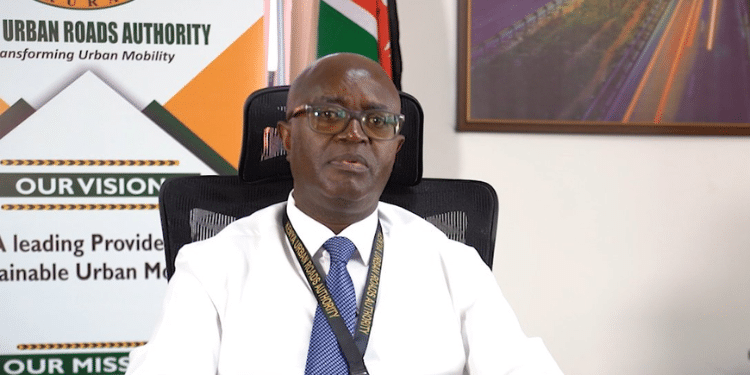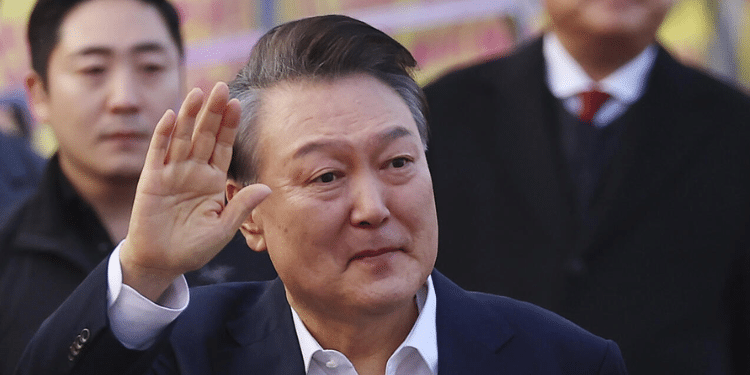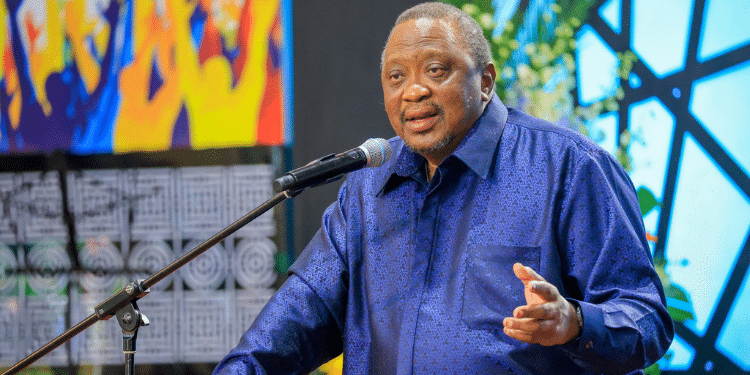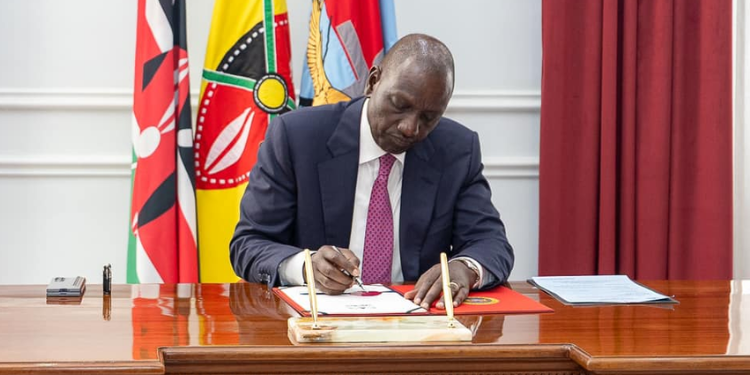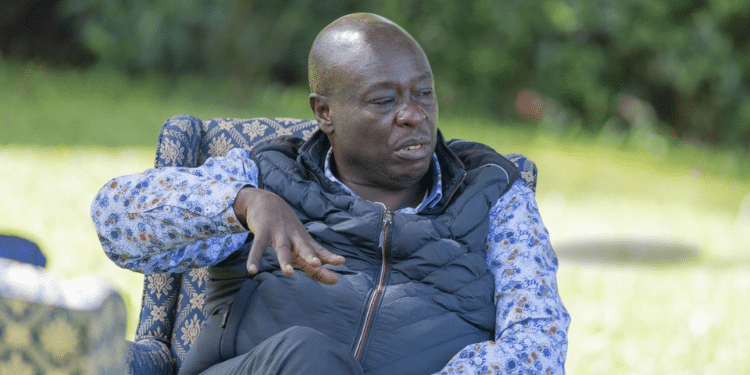South Korea’s impeached President Yoon Suk Yeol has been removed from office over his brief declaration of martial law in December 2024.
The court unanimously ruled that the declared martial law by the impeached president was unconstitutional, and it undermined the values of the country.
On April 4, 2025, South Korea’s Constitutional Court confirmed the impeachment of President Yoon Suk Yeol, which resulted in his removal from office.
The president faced backlash from the National Assembly after he declared martial law on December 3, 2024, which led to his impeachment.
The ruling was met with cheers from the crowds gathered outside the court after the court ruling.
President Yoon Suk Yeol Court Ruling
The Acting Chief Justice Moon Hyung-Bae stated that Yoon’s declaration on imposing martial law was a serious challenge against democracy and that he acted beyond his constitutional powers.
Further, the law undermined parliament’s functions and sparked fears among members of the National Assembly.
Yoon cited that the reason why he imposed the military against the parliament was to send a warning to the opposition party, who misused their power as the majority.
Kwon Young-se, the interim leader of Yoon’s ruling Party, apologized to the citizens of South Korea and said that the party has accepted the court’s ruling, further pledging to work with the acting president to stabilize the country.
Also Read: Trump Slaps Kagame Allies with Sanctions Over M23
What is Next for South Korea?
The presidential flag that flew alongside the national flag at the presidential office was lowered on Friday after the ruling.
In addition, military bases and command centers around the country with portraits of Yoon will be taken down to be shredded or burned, according to the law.
Further, after the impeachment, South Korea is expected to hold an election to replace Yoon within 60 days.
Also Read: Japan Court Awards Ksh188 Million to Longest-Serving Inmate
What is Martial Law?
Martial law is a temporary military control over normal civilian functions, it is imposed during emergencies such as war, civil unrest, or natural disasters.
Further, under martial law, military authorities may take over law enforcement duties, suspend civil liberties such as freedom of movement or the press, and impose curfews or restrictions on gatherings.
It overrides the normal legal system and grants the military excessive powers to maintain order, sometimes at the cost of individual rights.
Martial law is usually seen as a last resort in extreme situations where the government is unable to maintain control through normal means.
Follow our WhatsApp Channel and X Account for real-time news updates.



